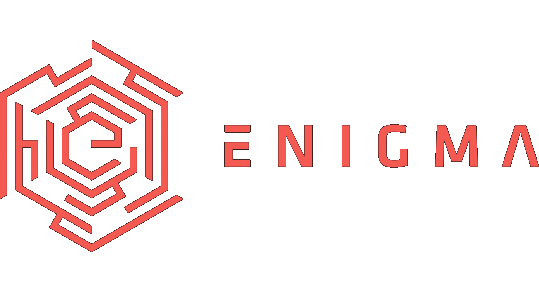Mario Heiderich, Post-Doc, Ruhr-University Bochum, Germany
Modern web applications (including mobile apps) may not be able to rely on server-side Cross-Site Scripting (XSS) filtering. This also holds for applications that work offline (e.g. use appcache and offline functionality), applications for which a server only sees encrypted data (e.g. using Web Crypto API or OpenPGP.js), websites that make use of JavaScript templating and MVC, or applications that communicate on a peer-to-peer basis and thus don’t even involve central servers. Existing browser-side XSS filters, like XSS Auditor or NoScript, fail as well, which is due to the fact that they are located outside the DOM.
To cope with this problem, XSS sanitation within the Document Object Model (DOM) is required. This poses several novel technical challenges: A DOM-based sanitizer must rely on native JavaScript functions. However, in the DOM, any function or property can be overwritten, through a class of attacks called DOM Clobbering. These attacks are known to the web security community as preparatory steps for XSS exploits. However, we give the first precise academic description of these attacks, and describe a novel application for these attack vectors, namely disabling any DOM based XSS filter.
To solve this problem, we present a two-part solution: First we show how to embed any server or client side filter securely into the DOM, by giving a methodology how to defend against DOM Clobbering attacks. Second, we give an example instantiation of an XSS filter which is highly efficient when implemented in JavaScript. Both parts are combined into a proof-of-concept implementation called DOMPurify. However, any other approach to implement XSS filters to be called from within the DOM (native browser code, browser extensions, different JavaScript libraries) also fits into our framework.
Mario Heiderich, Post-Doc, Ruhr-University Bochum, Germany

Dr.-Ing. Mario Heiderich is from Berlin, Germany, earned his doctorate at the Ruhr-University in Bochum, and focuses on client-side security, specifically covering scripting-based attacks and defences. Mario proposes the omnipresent problem of Cross-Site Scripting (XSS) only to be solvable where it executes: in the DOM of a user-agent. He presented his ideas in his doctoral thesis and accompanied his post-doctoral work by releasing an open-source library that addresses XSS, DOM Clobbering and other attacks without being a pain to use.
Open Access Media
USENIX is committed to Open Access to the research presented at our events. Papers and proceedings are freely available to everyone once the event begins. Any video, audio, and/or slides that are posted after the event are also free and open to everyone. Support USENIX and our commitment to Open Access.

author = {Mario Heiderich},
title = {{ToStaticHTML} for Everyone! About {DOMPurify}, Security in the {DOM}, and Why We Really Need Both},
year = {2016},
address = {San Francisco, CA},
publisher = {USENIX Association},
month = jan
}




